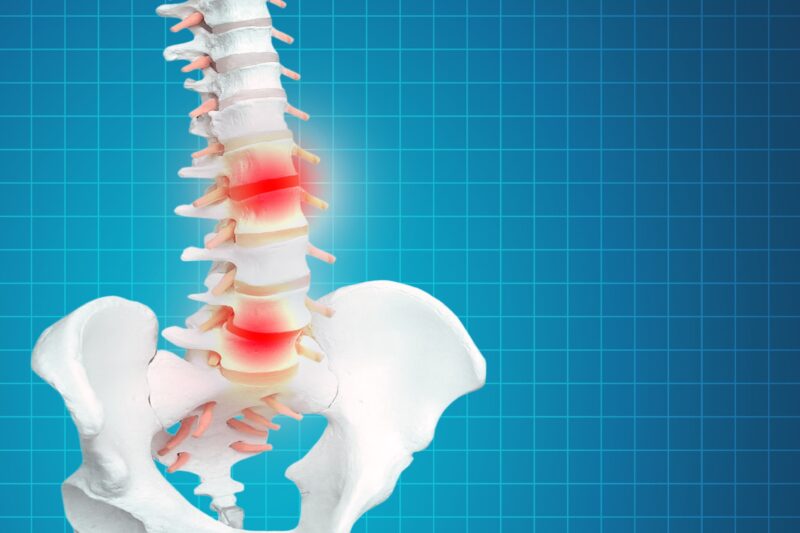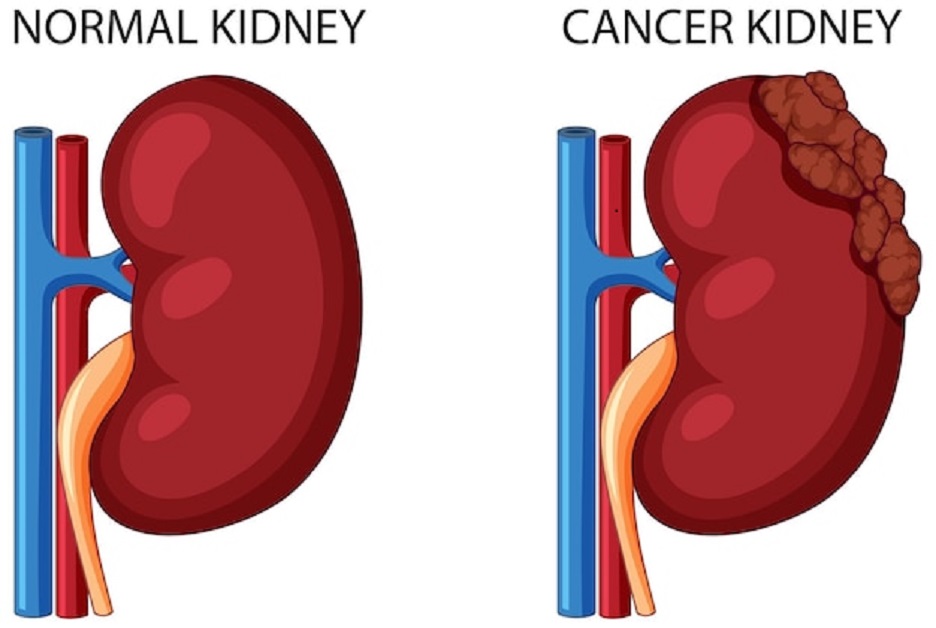Probiotics are the latest wellness craze – and for good reason. They’re a functional food that provides health benefits beyond just eating them. The best probiotic supplements contain strains of friendly bacteria that support your intestinal system. One gram of food must contain 10 billion bacterial cells for capsules to be effective. Probiotic supplements should meet the following criteria to be effective:
Probiotic supplements may help you lose weight by helping you digest and absorb food more effectively, boosting your stomach’s acidity, and boosting the gut bacteria’s diversity. Most probiotic supplements fall short of this mark because they use a non-viable count instead of actual counts to measure how many microorganisms are in a serving. They also fail to contain enough strains per capsule. Thus, finding a high-quality probiotic supplement can be challenging. However, if you have specific questions about which ones are worth buying, check out our guide below:
What are the best probiotic supplements?
Below is a list of the most effective probiotic supplements. We’ve listed the number of colony-forming units, their potency, and the wide variety of strains included. We’ve also included information about the research and popularity of these supplements so you can make an informed choice. While probiotic supplements can be taken daily, it’s best to take them daily for at least 2 weeks before seeing any benefits. If you don’t feel better with them after a few weeks, consider switching to a different product. There are many probiotic supplements on the market, so it can be difficult to choose the best one for you.
How to choose a quality probiotic supplement
Choosing a high-quality probiotic supplement is important for several reasons. First, probiotics can be expensive. Some brands may cost as much as $50 per bottle. This is an expensive investment and you may not need to take that much probiotic bacteria. CFUs are the number of viable microorganisms in a serving. When taking a probiotic supplement, you want to get at least 10 billion CFUs per capsule. Look for a probiotic brand with a potency rating of > 50 billion CFUs. For comparison, yogurt has a potency of 108 billion CFUs.
Don’t take probiotics with synbiotics
Synbiotic pills are probiotics that are combined with prebiotics, a probiotic supplement that provides food for your gut bacteria. Synbiotics are an effective way to treat symptoms of gut imbalance, like constipation or bloating. However, when taken as a regular probiotic supplement, they may interfere with your probiotics’ ability to help your gut. This may cause your gut bacteria to become imbalanced and increase your risk of health conditions like irritable bowel syndrome. In order for probiotic pills to work, gut bacteria must be able to access them from the digestive tract. Taking probiotics together with synbiotics would be impeded. You may take a probiotic supplement without synbiotics if you need one. Constipation or bloating may be alleviated by adding probiotics to prebiotics.
How long do probiotics take to work?
The best probiotic supplements are those that colonize your digestive tract and start working within 10 minutes. This is the recommended time period for the probiotic supplement to reach maximum levels in your digestive tract. But probiotics are constantly changing and adapting in your gut. They may remain at their highest levels for as long as 12 hours, 48 hours, or as little as 1 hour. Your probiotic supplement may also differ in your gut. Your microbiome varies between individuals, and there are more than 100 species of bacteria in your digestive tract. Probiotic supplements can travel through your entire body if you take them orally.
Probiotics for diarrhea and constipation
Probiotic strains have been shown to help with diarrhea and constipation. However, they also impact your health in other ways. Some probiotics have been demonstrated to work. A probiotic supplement that contains a mix of strains that treat these issues is a good choice. These probiotics may contain bacteria that confer protection against diarrhea, protect against pathogenic bacteria that cause diarrhea, and promote regular bowel movements. Some probiotics also contain saccharide lyase, an enzyme that breaks down complex carbohydrates, making them easier to digest.
Probiotics for weight loss
When taking probiotic supplements, it is possible for them to get into your small intestine, but they may also be broken down and distributed throughout your entire body. This may lead to a more complete feeling of satiety, less hunger, and a reduced calorie intake.
Probiotics for children
Research is proving that probiotics are a valuable addition to your child’s daily diet. Probiotics have been linked to improved cognitive function, allergic rhinitis, asthma, eczema, and obesity among children. A common recommendation is to give your child a high-quality probiotic supplement with a potency of at least 10 billion CFUs once they reach the age of 2 years old.
Probiotics for seniors
Research is showing that probiotics can support seniors in many ways, including – Better immune system function – A healthy immune system is important for preventing and treating infections. A study found that probiotics can improve immune function in seniors by increasing levels of important regulatory molecules in the gut. – Healthy digestion – Probiotics can improve digestion by promoting the growth of helpful gut bacteria and increasing levels of important digestive enzymes. This can help reduce the risk of unhealthy bacterial overgrowth and help to ease symptoms associated with irritable bowel syndrome, Crohn’s disease, and other conditions. – Better mental health – Research shows that probiotics can improve seniors’ mental health, especially in those with mild-to-moderate depression.
Probiotics for infants
Probiotics can help infants with a variety of conditions, including – Gastrointestinal issues – An infant’s gut microbiome is developing rapidly during the first 2 years of life, and it can be difficult to get things back on track. For example, if your child had diarrhea as a baby, it’s likely that their gut bacteria will be different from those that are healthy for full development. – Immunity – Babies’ immune systems are still developing, and there’s evidence that probiotics can boost their immunity. – Autism – There’s some research that probiotics can be beneficial for children with autism.
Probiotics for pets
Your dog or cat’s gut bacteria play a major role in helping to maintain their health and immunity. However, it’s important to be aware of the specific needs of your pet. For example, you need to consider your pet’s age, breed, and usual diet, as well as medications they may be taking. It’s also important to consider your pet’s health and lifestyle.
Summary
Probiotic supplements can be beneficial for many reasons, including – Better digestion – Probiotics may help to decrease bloating and constipation by restoring the natural balance of gut bacteria. – Immunity – Probiotics can help to boost your immune system by increasing the number of beneficial bacteria in your gut. – Healthy skin – They may help to promote healthy skin by increasing the number of certain enzymes produced by gut bacteria. – Weight loss – They may help to promote a healthy gut bacteria balance that results in fewer calories consumed. However, keep in mind that probiotic supplements may not give you the same health benefits as eating probiotic-rich foods. Probiotic supplements also do not give you the same benefits as having a healthy microbiome. Therefore, it’s best to consume probiotic-rich foods as part of a healthy lifestyle.





